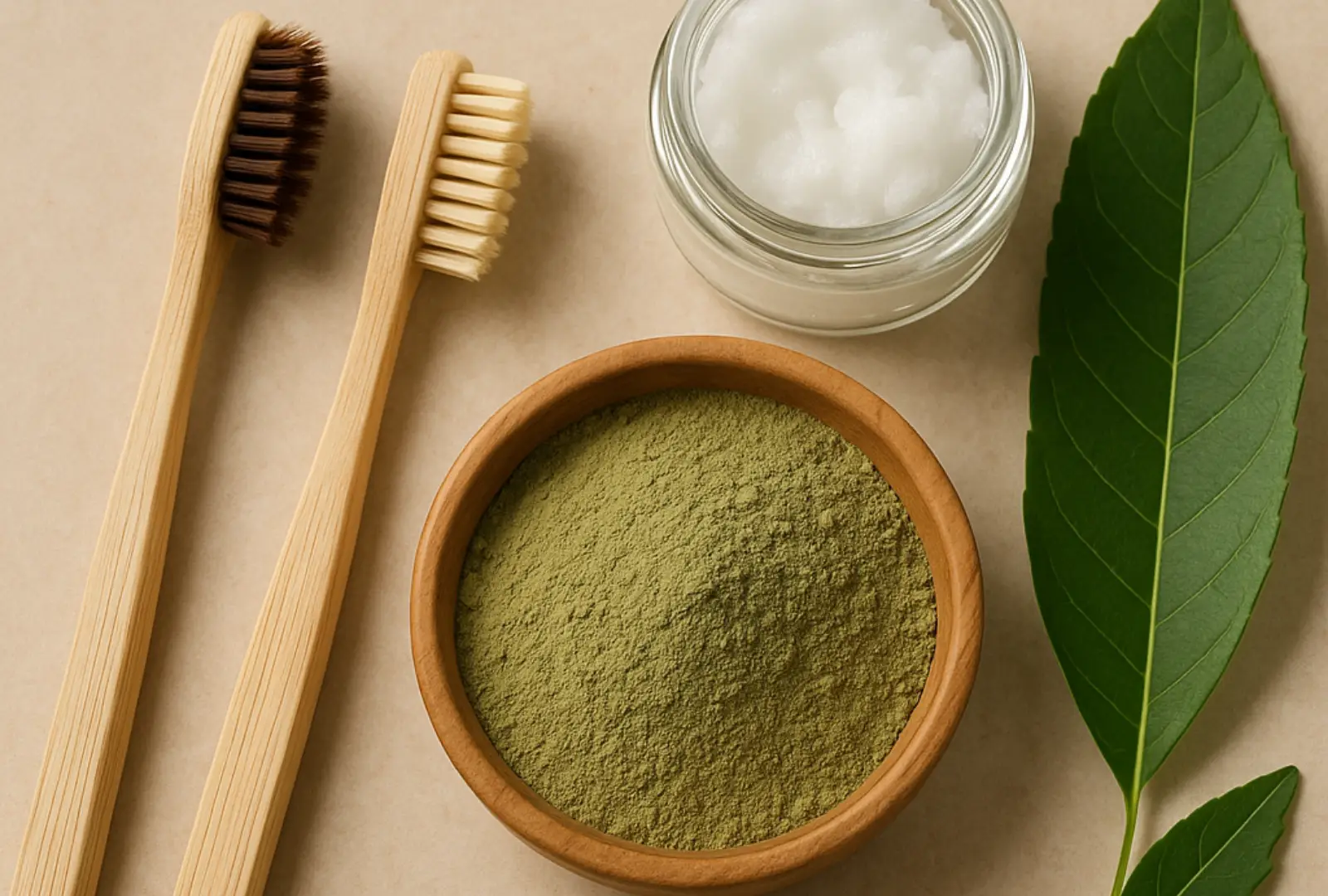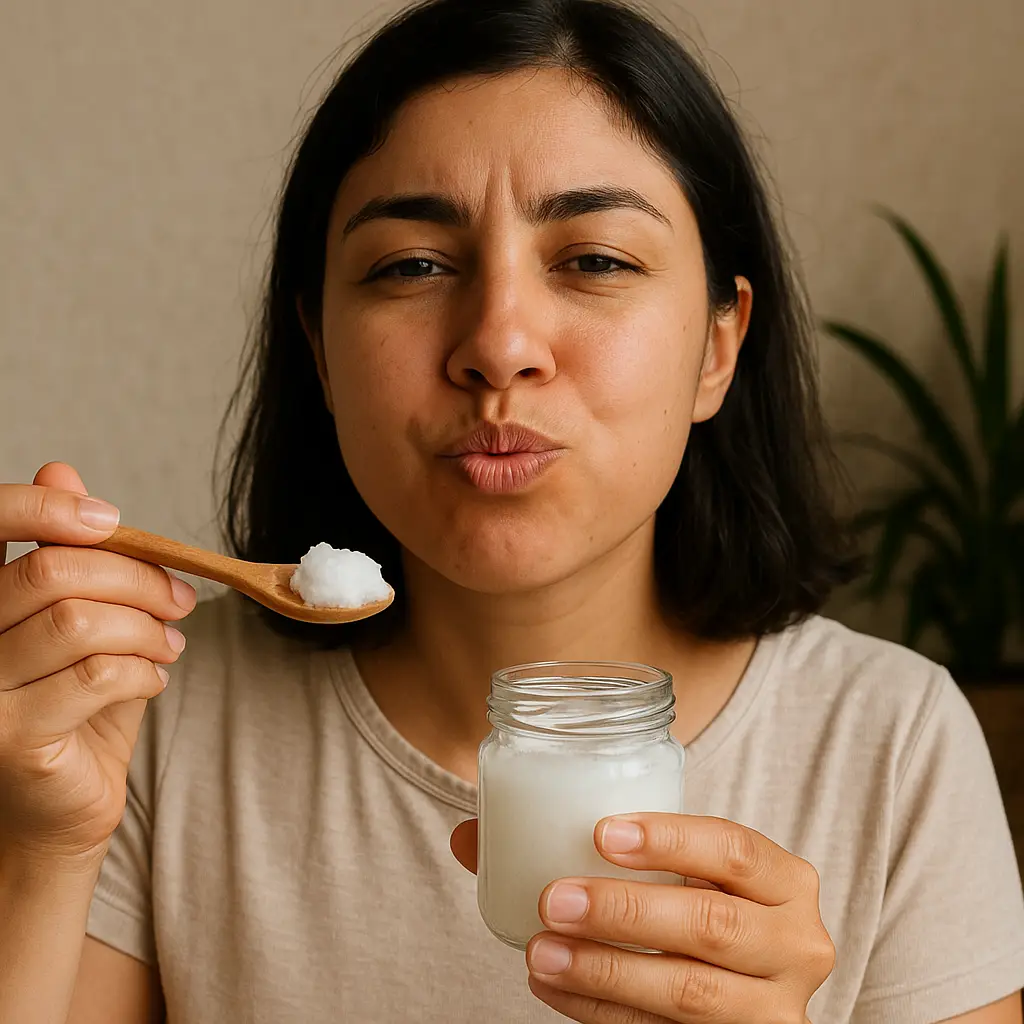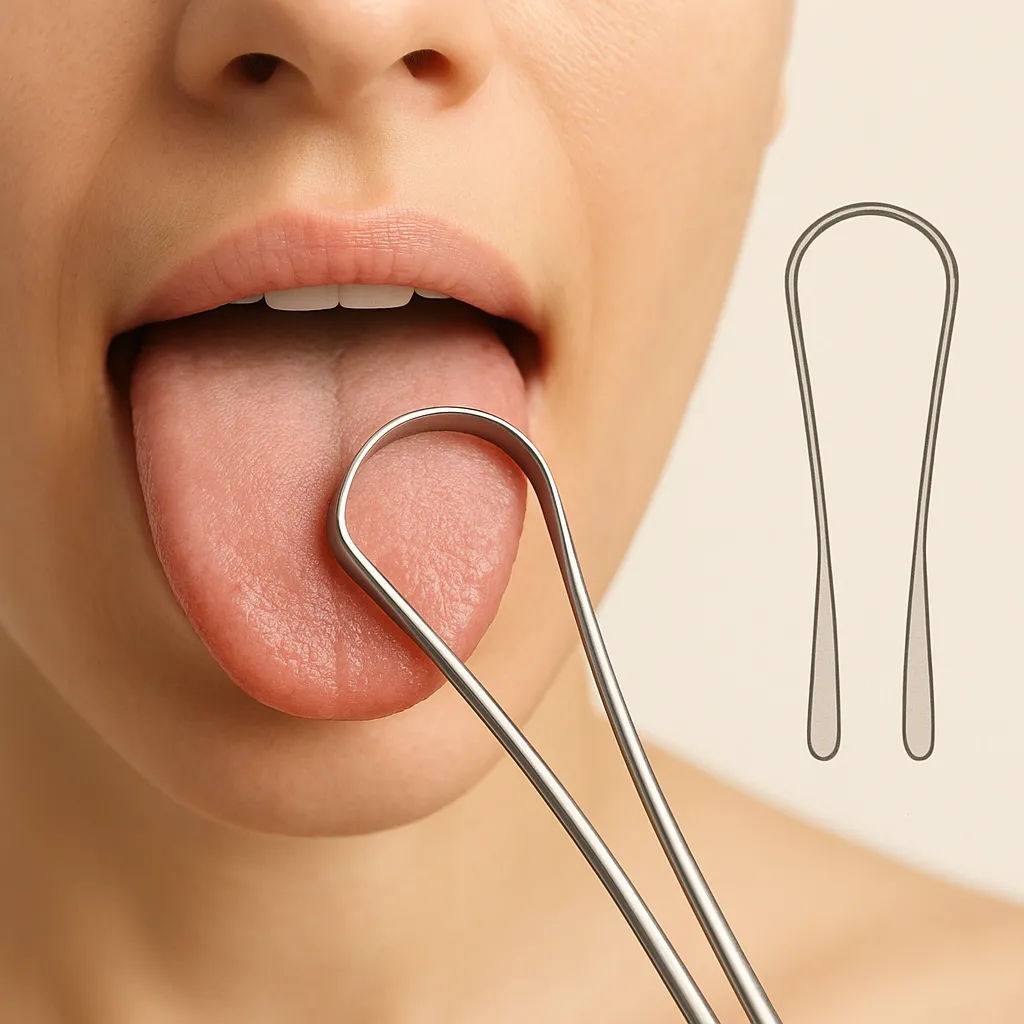
Have you ever wondered what’s really inside your toothpaste? Most conventional dental products are filled with chemicals, artificial flavors, and even fluoride, all of which can have unintended consequences over time. That’s where natural dental care comes in—a gentle yet effective alternative that prioritizes your health without compromising your smile.
Switching to natural dental care means embracing holistic practices that work with your body’s natural processes. It’s not just about avoiding chemicals—it’s about strengthening your teeth and gums with natural ingredients like coconut oil, neem, and bentonite clay to fight plaque, reduce inflammation, and maintain overall oral health. And the best part? These practices are easy to implement and sustainable!
| Key Takeaways Natural dental care focuses on supporting your body’s processes with ingredients like coconut oil, neem, and bentonite clay. Oil pulling is an ancient technique that helps remove toxins, bacteria, and plaque, improving gum health and reducing cavities. DIY toothpaste alternatives like baking soda and bentonite clay effectively clean teeth without harmful chemicals. Tongue scraping removes bacteria, freshens breath, and enhances overall oral hygiene. A diet rich in vegetables, dairy, and leafy greens strengthens teeth and gums, while limiting sugary and acidic foods prevents decay. Consistent use of natural practices like oil pulling, brushing with natural products, and staying hydrated supports long-term oral health. |
Essential Practices for Natural Dental Care
Taking care of your teeth naturally doesn’t have to be complicated. The key is adopting simple practices that work in harmony with your body’s needs. Below are some of the most effective natural oral care methods that can easily fit into your daily routine.
Oil Pulling

One of the oldest and most powerful practices in natural dental care is oil pulling. This ancient Ayurvedic technique involves swishing oil in your mouth to remove toxins, bacteria, and plaque. Oil pulling can reduce the risk of cavities, improve gum health, and even help freshen your breath.
How to Perform Oil Pulling:
- Take a tablespoon of oil (coconut oil is a popular choice due to its natural antibacterial properties, but sesame oil also works well).
- Swish the oil around your mouth for 15-20 minutes.
- Spit it out into a trash can (not the sink, as oil can clog pipes).
- Rinse your mouth with warm water afterward.
Studies suggest that oil pulling can significantly reduce harmful bacteria in the mouth, improving oral health in a natural dental care and non-invasive way. Coconut oil, in particular, has antimicrobial properties that help to fight the bacteria that cause cavities and gum disease.
| Can oil pulling replace brushing your teeth entirely? Some people think that oil pulling can completely replace brushing their teeth.Oil pulling is a beneficial supplement to your oral care routine. However, it cannot replace brushing, which is essential for cleaning plaque, food particles, and maintaining overall dental hygiene. To achieve optimal oral health, oil pulling should be done alongside regular brushing, flossing, and tongue scraping. |
Natural Toothpaste Alternatives
For those looking to ditch commercial toothpaste, several natural dental care alternatives work just as well, if not better. Traditional toothpaste often contains fluoride and other chemicals that may not be suitable for everyone. In contrast, natural tooth care focuses on safe, effective ingredients like baking soda and bentonite clay, which can help whiten teeth, remove plaque, and balance the pH levels in your mouth.
DIY Recipes:
- Baking Soda Paste: Mix a teaspoon of baking soda with water to form a paste. Brush your teeth with this mixture to naturally whiten and clean your teeth.
- Bentonite Clay Toothpaste: Combine bentonite clay with a bit of water or coconut oil for a natural toothpaste that helps detoxify the mouth and remineralize teeth.
If DIY isn’t your style, there are plenty of natural oral hygiene brands that offer fluoride-free, chemical-free toothpastes. Look for products that feature ingredients like aloe vera, neem, and essential oils.
Tongue Scraping
A key element of holistic dental care at home is tongue scraping. Your tongue can harbor harmful bacteria, which can lead to bad breath and affect overall oral hygiene. Scraping your tongue regularly helps to remove this bacteria, freshens breath, and improves taste sensitivity. A study in Clinical Pediatric Dentistry found that tongue scraping significantly reduced bacteria in the mouth and improved breath freshness when done regularly. Participants who scraped their tongues daily reported better oral hygiene overall.
How to Do It Effectively:
Use a tongue scraper, which is typically a metal or plastic tool designed to remove bacteria from the surface of the tongue.
- Gently scrape from the back of your tongue toward the front, rinsing the scraper between passes.
- Perform this practice every morning before brushing your teeth for the best results.
Recommended Tools:
You can purchase tongue scrapers at most health food stores or online. Metal scrapers are often preferred for their durability, but plastic ones are an affordable alternative.
Diet and Lifestyle Considerations
What you eat plays a significant role in maintaining natural oral care. Certain foods can help to strengthen your teeth, while others may increase your risk of decay and gum disease.
Foods That Promote Oral Health:
- Crunchy Vegetables: Carrots, celery, and other crunchy vegetables help clean teeth naturally and stimulate saliva production.
- Dairy Products: Cheese, yogurt, and milk are rich in calcium, which is essential for strong teeth and bones.
- Leafy Greens: Vegetables like spinach and kale are full of vitamins and minerals that help support gum health.
Foods to Avoid:
- Sugary Snacks: Sugary treats can feed harmful bacteria in the mouth, leading to tooth decay.
- Acidic Drinks: Beverages like soda, wine, and citrus juices can erode tooth enamel over time.
- Processed Foods: Highly processed foods often lack nutrients and can contribute to poor oral health.
Dr. Mark Burhenne, a dentist specializing in natural and holistic approaches, emphasizes the importance of not just choosing the right foods but also considering how our oral care products and lifestyle impact the mouth’s delicate microbiome. As he puts it, “The foundation of good oral health isn’t just what you put on your teeth; it’s how you support your body’s natural ecosystem in the mouth to stay healthy and free from harmful bacteria.”
Drinking plenty of water helps to keep your mouth hydrated and flushes away food particles and bacteria. A study found that individuals who followed a diet rich in fruits, vegetables, and dairy had a significantly lower risk of gum disease and cavities. The study also highlighted the importance of hydration in preventing dry mouth, which can lead to an increase in harmful bacteria.
Holistic Dental Care at Home

To truly embrace holistic dental care, it’s about more than just products—it’s about adopting a sustainable, easy routine that works with your natural health. Here’s how to integrate natural practices into your daily life:
- Start with oil pulling: Perform oil pulling in the morning before eating or drinking.
- Brush with natural toothpaste: Use fluoride-free toothpaste twice a day.
- Tongue scraping: Scrape your tongue daily to remove bacteria and freshen your breath.
- Floss daily: Don’t skip flossing to clean between your teeth.
- Stay hydrated: Drink plenty of water throughout the day to support oral health.
Additionally, reducing stress can help prevent teeth grinding and jaw tension:
- Add mindfulness or yoga: Incorporate relaxation techniques into your routine to ease tension.
Opt for eco-friendly products to make your routine more sustainable:
- Bamboo toothbrushes: A great plastic-free alternative.
- Biodegradable floss: Made from natural materials like silk.
- Eco-friendly toothpaste: Choose brands with recyclable or reusable packaging.
When to Consult a Holistic Dentist
While holistic tooth care focuses on natural remedies, it’s essential to know when professional help is needed. Holistic dentists specialize in using natural treatments while also understanding the science behind dental health.
Signs That Require Professional Attention:
- Persistent pain or sensitivity in your teeth.
- Bleeding or swollen gums.
- Loose teeth or severe plaque buildup.
What to Expect During a Holistic Dental Consultation:
Holistic dentists take a personalized approach, often recommending dietary changes or natural remedies alongside conventional treatments. They also emphasize prevention, using methods that are both safe and sustainable.
Finding a Qualified Holistic Dentist:
Look for dentists who are trained in integrative or holistic dentistry. They should have certifications or affiliations with professional holistic health organizations.
Ready to take your dental care to the next level? Discover personalized, holistic treatments that fit your lifestyle. Schedule your consultation today!
Frequently Asked Questions
What are some natural ways to care for my teeth?
Some natural methods include oil pulling, using natural toothpaste alternatives, and regular tongue scraping.
How can I naturally tighten my teeth?
While you cannot reverse tooth mobility naturally, certain practices like oil pulling and a diet rich in calcium can help maintain gum health and prevent further issues.
What natural methods can help kill bacteria in my teeth?
Coconut oil pulling, herbal rinses with neem or clove, and using bentonite clay are natural methods known to kill bacteria.
Is oil pulling safe for everyone to try?
Yes, oil pulling is generally safe for most people. However, those with specific health conditions (like a soy allergy) should consult a healthcare provider first.
Can natural toothpaste be an effective substitute for fluoride toothpaste?
Yes, many natural toothpastes can effectively clean teeth, but fluoride is still recommended for those at high risk for cavities.
How frequently should I practice tongue scraping?
It’s best to scrape your tongue daily, ideally in the morning before eating or drinking.
